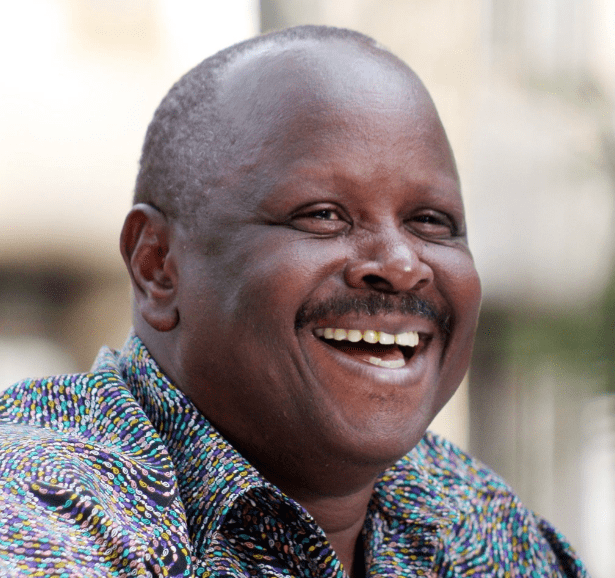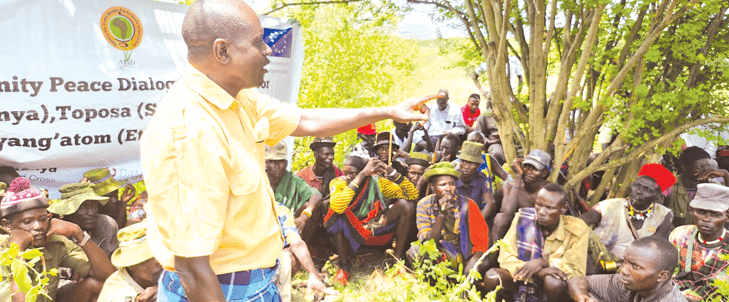Kenya, South Sudan, Ethiopia traditional chiefs meet to negotiate peace
By Print Correspondent, August 7, 2024Leaders from the border communities of Kenya, South Sudan and Ethiopia have committed to fostering peaceful co-existence to address the recurring cross-border conflicts.
Representatives from the Turkana of Kenya, Toposa of South Sudan and Nyang’atom of Ethiopia convened in Natapar, Kibish Sub-County, to discuss and resolve these conflicts.
The meeting aimed to utilise local mechanisms to address emerging conflicts, preventing the communities from resorting to violence and abductions.
The dialogue sought to develop and adopt peaceful approaches to conflict resolution moving forward.
Ayele Lere, the head of the Ethiopian delegation, stated; “The bulk of the conflict in the area can be attributed to the scramble for pasture resources.”
He made this remark during a three-day cross-border intergovernmental meeting.
Conflict resolution
Lere praised the elders for creating a workable resource-sharing formula, describing it as a promising home-grown model for conflict resolution. This initiative covered all aspects of pasture resources and addressed the concerns of local farmers.
Commissioner Abdallah Lokeno, the head of the South Sudan delegation, acknowledged that joint efforts by Turkana County and South Sudan authorities had significantly reduced conflicts between the Turkana and Toposa communities along the common border.
“Peace is not only important for its own sake, but it is also a necessary condition for the promotion of trade, culture, tourism, and other beneficial interactions between the Turkana of Kenya, Toposa, and Nyangatom of Ethiopia, who also share cultural ties,” explained Titus Lokorikeju (pictured), the Turkana Director for Peace Building and Conflict Management.
The three leaders formally recognized the “Preventing Violent Conflict and Building Safer Lives, Vibrant and Prosperous Community” program run by Saferworld and the Integrated Community Peace Development Organization.
Lokerikeju said the program has created a framework for various players in the cross-border peace-building process to meet and discuss issues. However, leaders also cited several challenges to cross-border peace coordination, including a lack of communication networks, the destruction of a borehole and shallow well at Kaitede, and attacks by wild animals on both livestock and humans.
More Articles

